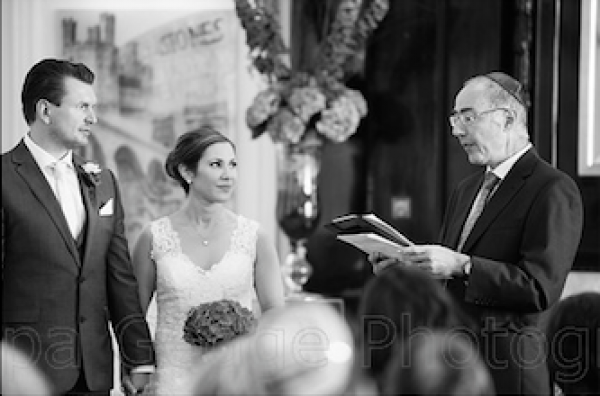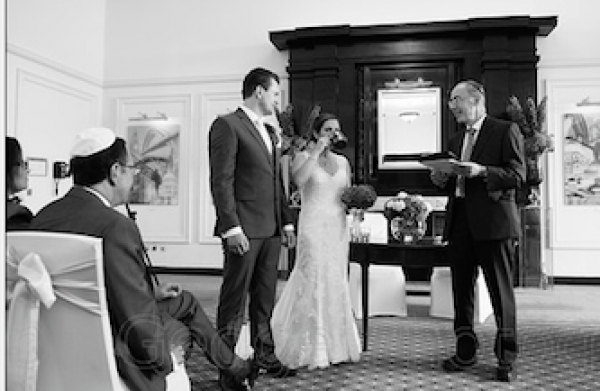
Mixed-Faith Weddings
In my experience, demand for mixed-faith weddings is on the rise.
I’m not sure that the statistics I found are completely up-to-date, but apparently 45% of Americans have intermarried. That includes 46% of mainline Protestants, 32% of Evangelical Protestants, 22% of Catholics and 44% of Jews. I imagine the numbers are similar for the UK.
So it’s a growing phenomenon. Nonetheless, there are a number of things you have to think seriously about, if you are planning a mixed-faith (or interfaith) wedding.
Challenges
The prime sticking-point is likely to be disapproving relatives. They may be opposed to their offspring “marrying out”. Possibly, out of religious conviction, or else because it seems to be somehow “wrong”. Or even, “what would people think?”.
You may feel under pressure because others are paying for all, or much, of the wedding. But do you have to compromise your beliefs and desires to suit theirs? Can there not be some give and take?
Opposition is more understandable if your parents are active, ardent worshippers. That’s not to say that people who hardly ever set foot in a church/synagogue/mosque etc. themselves may not have the most entrenched views!
A lot of relatives will disapprove out of principle (without necessarily seeking to understand your motives), so no amount of reason is likely to sway them. However, if they can be persuaded actually to attend your ceremony, then they may well be (grudgingly!) forced to accept that your wedding really was quite enjoyable, possibly even meaningful and actually rather special.
As a couple, you will have to understand the disappointment your intermarriage might cause, and look for some compromise. One possibility is to invite family members to participate in the ceremony. For example, the father can still walk the bride down the ‘aisle’, even if the aisle isn’t actually in a religious building.
Perhaps the other most important point to be considered is eventual children, and there will be the question of how (religiously) to bring them up. I don’t think there is any categorical guidance one can really give – it’s a decision you must reach yourselves, and you must be prepared to confront it sooner rather than later.
Advantages
If you are faced with having to plan a mixed-faith wedding, it means that you will both have to be clear where you stand religiously. You can learn about your partner’s customs and traditions, and this will help you create a meaningful wedding ceremony – and guide you in your future spiritual life together.
You will be able to work with your celebrant to agree on a service that is in accordance with your beliefs and desires. You can then include customs and traditional rituals from either religion as you choose – a kind of “edited highlights”, maybe?
As a couple, you can also select readings relevant to you and which underline your mutual love and willingness to make a commitment to each other. These personalised readings can lift the occasion far above the mundane. The sincerity and joy of a personalised ceremony will shine through and contribute to your guests’ delight, as well as your own.
Compromise
It might be worth reassuring your parents – if you feel able to – that any grandchildren will be taught about their religious background (even if they may not actively practise), that there will be visits at certain religious holidays, and that parents will be able – and welcome – to play a part in their grandchildren’s lives.
You can only do so much, but – whatever the outcome – you’ll be glad you did all you could.
It may take time, but a beautiful mixed-faith wedding may actually bring the families together and pave the way to harmony.
Photo: Philippa Gedge

